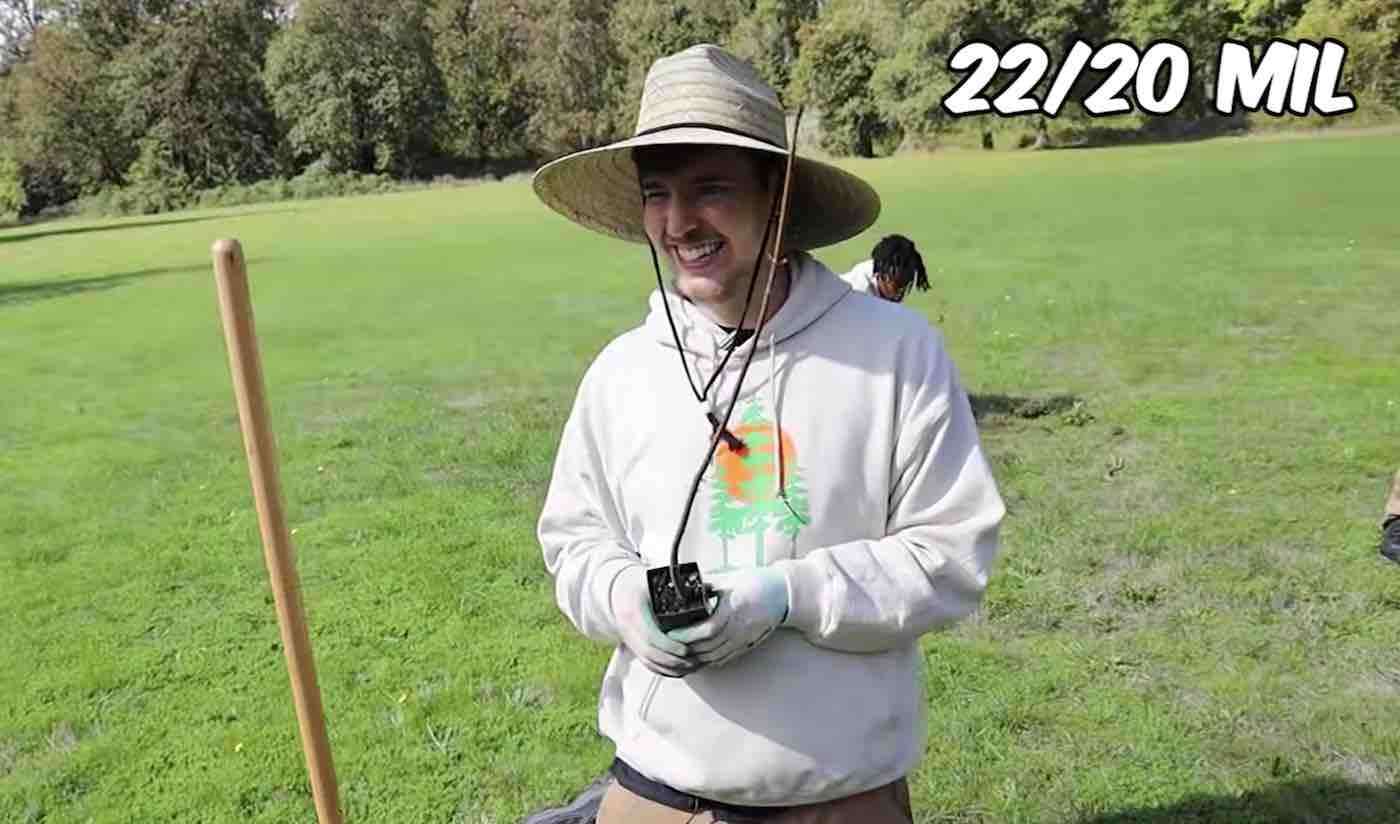One of the most significant problems facing any ecosystem and the conservationists who work therein is the problem of non-native, invasive species. Goats nearly destroyed the Galapagos Islands; feral cats and foxes are devastating the rich diversity of marsupial species in Australia; and large species of Asian python are too much to bear for many creatures in the Everglades.
The same is true for the lionfish within the reefs of the western Atlantic Ocean where the motto among local fisherman is "If you can't beat it, eat it".
Coveted by marine aquarium enthusiasts in the 1980s, the lionfish entered the Atlantic ecosystem similarly to how most invasive species are introduced all over the globe: its owner released it into the wild without knowing any better.
While the charismatic Indo-Pacific fish may prove to be a stunner on an aquarium catwalk with its bold stripe pattern and mane of long diaphanous fins, it's a plague on reef ecosystems where it devours defenseless fish species that have never been forced to evolve to protect themselves against such a threat.
"They can eat fish up to half their body size and a single lionfish can eat dozens of fish in a day," says Stephen Gittings, a coral reef ecologist for the National Marine Sanctuary System. "Since no native species prey on lionfish, you're not losing very many of them over the course of time so they just dominate and take over."
As if all that wasn't enough, female lionfish can lay up to 2 million eggs a year enclosed within a protective and inedible sack. All of these characteristics make for the perfect invader-but a man and his Roomba are seeking to turn back the tide on this unchallenged fish.
In addition to being a passionate diver, Collin Angle is also the co-founder of the iRobot company, creators of the famous Roomba automated vacuum. He believes robots can be utilized to tackle environmental problems, which led him to create his non-profit company called Robots for Environmental Services (RSE).
Angle directed RSE to create a robotic submersible that was capable of diving to depths unreachable by the average hobbyist spear fisherman. The result of their efforts was the Guardian: a 20-pound submersible robot armed with lights, cameras, and stun guns capable of delivering non-lethal jolts of electricity to unsuspecting lionfish.
Like the Roomba, the Guardian is also a vacuum cleaner-only instead of dust and cat hair, it vacuums up the stunned lionfish into an onboard water tank that can hold up to 20 fish. Once full, the Guardian can return to the surface with its catch.
Adam Cantor, director of engineering at RSE, explains to CSM that while many coastal communities in the United States host spearfishing competitions to see who can bag the most lionfish, it's not enough to prevent the effects of the invasive species on nearby reefs because they breed at a depth of 200-400 feet, which is far past the diving range of humans.
Moreover, lionfish aggregate together as far down as 1,000 feet, putting them out of reach for line and net fishing as well.
RSE is trying to market the Guardian for $1,000 per unit-and considering how markets like Whole Foods will buy up nutritious and tasty lionfish catches for $5 per pound, the Roomba of the sea makes for a sensible financial investment that can boost the economic livelihood of coastal fishing communities and protect sensitive Atlantic reefs at the same time.
"I think absolutely there's a market for it. There's a ton of lionfish down deeper that we can't get to," Andy Lowe, a professional diver and lionfish hunter tells CSM. "The thousand-dollar price point is very good, but for me to personally consider buying one I'll need to see it get a lionfish off a reef at depth. If it can do that it's got great potential".
Be Sure And Share The Good News With Your Friends On Social Media - File photo by Larry D. Moore










Be the first to comment